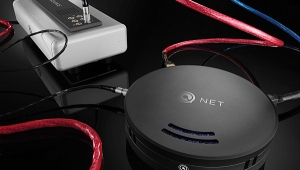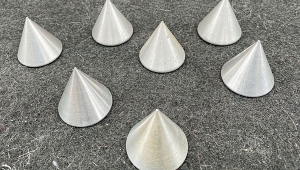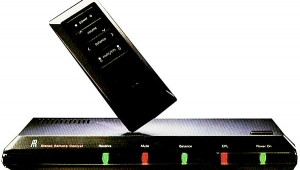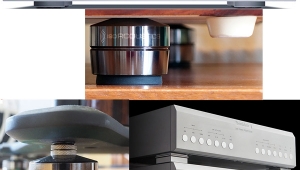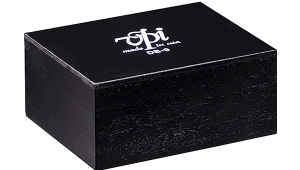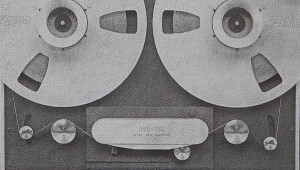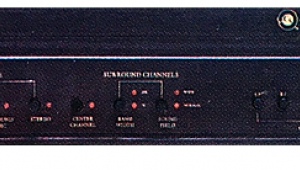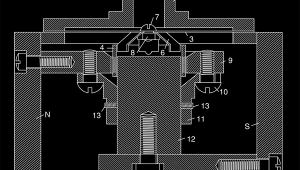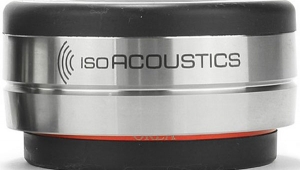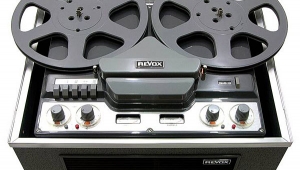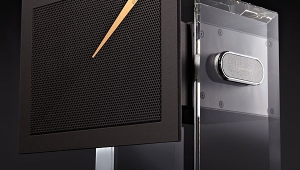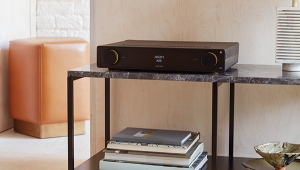| Columns Retired Columns & Blogs |
Tice R-4 TPT & Coherence ElectroTec EP-C "Clocks" Thomas J. Norton October 1990
Thomas J. Norton commented on the Coherence Clock in October 1990 (Vol.13 No.10):
Time Out—Consumer Alert! Back in the May 1990 issue, Sam Tellig told of a $495 device called the ElectroTec EP-C from Coherence Industries. The EP-C precisely resembles a $25 Micronta alarm clock available at your corner Radio Shack. Employing this "clock" was claimed—by Coherence—to improve the sound of one's system—although it is only plugged into the wall, not directly connected to the system in any fashion (except by its sharing of the house wiring). Sam did note some improvement, although he was not ready to attribute it directly to this little device.
Another report to me from a different source also indicated a similar result. But that source investigated the matter in greater depth. He had access to both the Coherence Industries device and the visibly identical Micronta alarm clock. He disassembled them both, and was able to find no evidence of any physical or electrical differences between them. Moreover, the sonic change he noted was apparently the same with both devices.
Although I definitely have a problem with this tweak from a technical point of view—it seems totally off the wall—I remain skeptically open-minded; we have bought one of the alarm clocks—the garden variety, not the $495 audiophile special—and plan to investigate. If you decide to try it, we strongly recommend that you start first with the Radio Shack device (it's the Micronta Jumbo LED 12/24 hour alarm, catalog number 63-766). If you hear any difference, but still think that more money will buy you more of the same, don't get the high-ticket job without an ironclad money-back guarantee—and I don't recommend buying it by mail.
Also, be advised that our correspondent reports that two work better than one, so if you should compare the $500 item with the $25 one, don't plug in the more expensive one with the cheaper one running and assume the further difference you might hear is necessarily due to a superiority in the more expensive unit. Compare them in complete isolation; ie, unplug the one not in use. Also, although our source strongly believes the difference to be an improvement, use your own judgment in the matter and keep an open mind. Remember, a perceived difference is not always for the better.
This is getting weird, so I'll say no more until we investigate it ourselves other than that if you follow our precautions and don't hear a difference, you've still got a dandy alarm clock with 2" letters you can read from across the room even without your coke-bottle eyeglasses. Now stop complaining that we never review anything from Radio Shack.—Thomas J. Norton
- Log in or register to post comments
